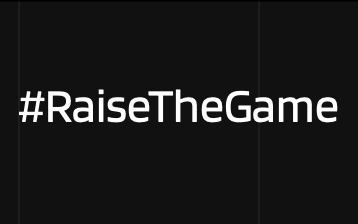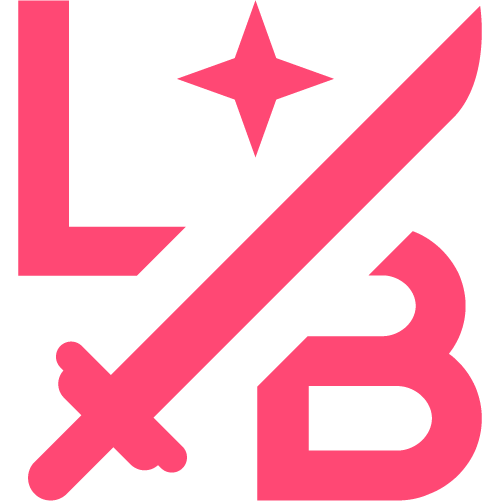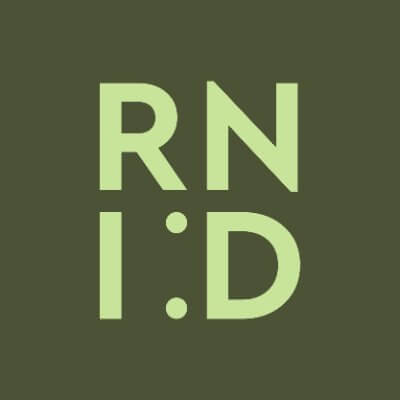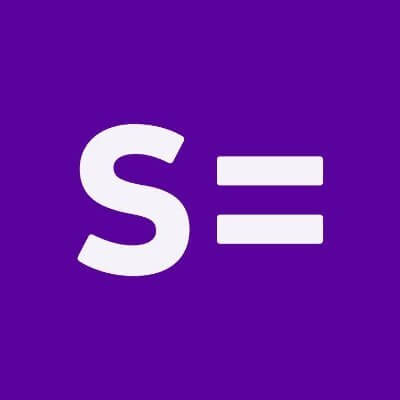Specific considerations









Key organisations & resources
 Visit website on #RaiseTheGame
Visit website on #RaiseTheGame #RaiseTheGame
RaiseTheGame is a collaborative and high-impact pledge to improve equality, diversity and inclusion in the games industry.
 Visit website on Autistica Play
Visit website on Autistica Play Autistica Play
Autistica Play makes progress for autistic people by working with game players and the games industry.
 Visit website on Code Coven
Visit website on Code Coven Code Coven
Code Coven is the first global accelerator and academy dedicated to forwarding opportunities for marginalised game developers at all levels.
 Visit website on Diversily
Visit website on Diversily Diversily
Diversily helps innovative organisations to embed diversity and inclusion into their core, to drive up performance and impact.
 Visit website on GamesAid
Visit website on GamesAid GamesAid
The games industry charity raising money for other UK charities working with children and young people.
 Visit website on Limit Break
Visit website on Limit Break Limit Break
Limit Break is a mentorship programme aimed at underrepresented people working in the UK games industry.
 Visit website on National Autistic Society
Visit website on National Autistic Society National Autistic Society
Transforms lives and changes attitudes to help create a society that works for autistic people.
 Visit website on RNID
Visit website on RNID RNID
A charity supporting the 12 million people in the UK who are deaf, have hearing loss or tinnitus.
Royal National Institute of Blind People
RNIB, the Royal National Institute of Blind People, is the UK’s leading sight loss charity.
 Visit website on Scope
Visit website on Scope Scope
Scope is a disability equality charity in England and Wales that provides practical information and emotional support.
 Visit website on Special Effect
Visit website on Special Effect Special Effect
Puts fun and inclusion back into the lives of physically disabled people by helping them to play video games.
 Visit website on Ukie
Visit website on Ukie Ukie
The trade body for the UK games and interactive entertainment industry.


